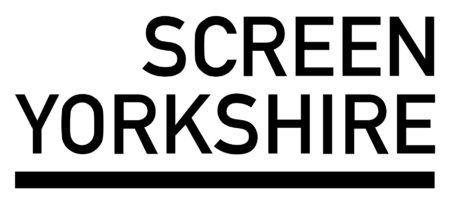Participants will apply for and focus on one of four areas throughout the programme; art department, factual, lighting and post production. The cohort will come together during the introduction week in December for an overall insight to the screen industries and what it means to forge a career in those areas.
From January to March participants will learn and immerse themselves in their chosen craft discipline and then come back together to realise a joint project in the virtual production volume at Production Park. Once the training is completed, Screen Yorkshire will continue to support participants with their progression into work opportunities in the screen industries.
More information on the available specialisms:
ART DEPARTMENT
The Art Department plays a crucial role in bringing a film’s visual world to life, focusing on the design, construction, and decoration of sets and props. Learning about the Art Department involves understanding various roles, including production designers, art directors, set decorators, and prop masters, who work together to create the visual environment that supports the story. Key skills you will learn include drafting by hand, CAD, Sketchup, Adobe Photoshop, Unreal Engine, and understanding a virtual production pipeline. Collaboration with other departments, especially camera and lighting, is essential to ensure that the visual elements enhance the overall look and feel of the piece.
POST PRODUCTION
Post-production is the final phase of filmmaking where the raw footage is transformed into a polished, cohesive piece. It involves several critical processes, including editing, sound design, visual effects (VFX), and colour grading. Editors work to assemble scenes, ensuring smooth transitions and pacing that aligns with the film’s vision. VFX artists will use DaVinci Resolve to create digital elements and manipulate footage for visual storytelling.
FACTUAL
Working in factual production involves creating content that is grounded in real-world events, people, and places. This includes documentaries, news, and educational programmes. Learning about factual production requires an understanding of research, storytelling, and ethical considerations when dealing with real-life subjects. Key skills you will learn include conducting thorough research, interviewing techniques, and the ability to present facts in a compelling narrative. Factual filmmakers often work with smaller crews and budgets, which means multitasking is essential, from planning and shooting on location to overseeing post-production.
LIGHTING
Set lighting is a fundamental aspect of filmmaking, essential for creating the right atmosphere, mood, and visual style. Understanding set lighting involves understanding various types of lighting equipment, such as key lights, fill lights, and backlights, as well as modifiers like gels and diffusers to control the intensity, colour, and direction of light. In addition, knowledge of how lighting affects a scene’s tone and the appearance of actors on sets will be covered. Key skills you will learn include learning the role of a gaffer, best boy and electrician, as well as gaining an understanding of how a director of photography works.






